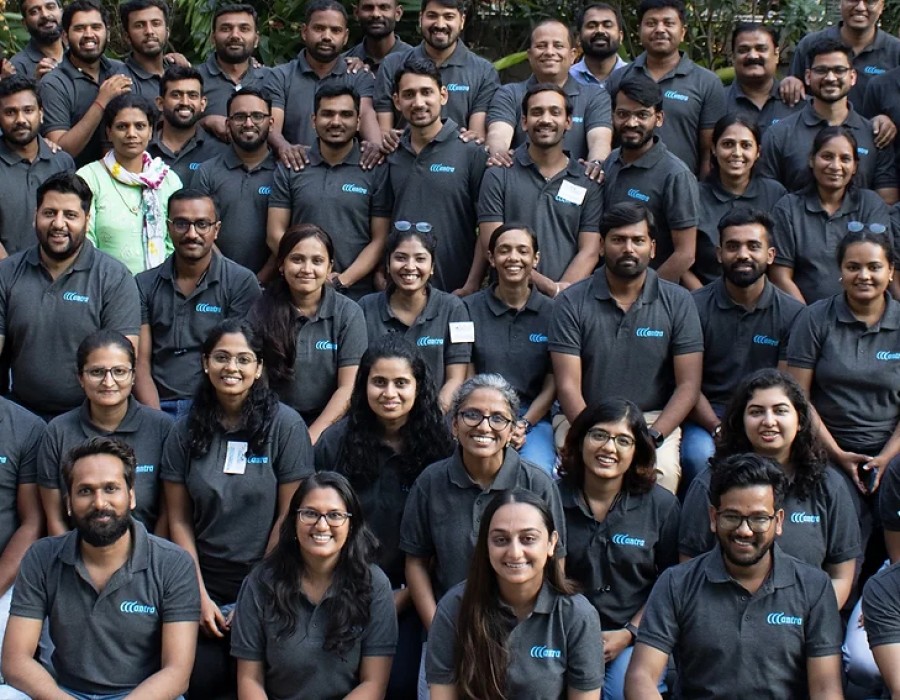In today's rapidly evolving educational landscape, the role of education leadership has never been more crucial. Effective education leadership is not just about managing schools and ensuring compliance with policies; it's about fostering a culture of continuous improvement that drives excellence and innovation. One organization exemplifying this approach is Mantra4change, which is making significant strides in transforming educational environments.
The Importance of Continuous Improvement in Education
Continuous improvement in education involves a commitment to ongoing development and refinement of teaching practices, administrative processes, and student support systems. It’s about creating an environment where educators and students alike are encouraged to constantly seek better ways of doing things. This culture fosters an atmosphere of learning, collaboration, and mutual respect, which are essential for academic success and personal growth.
Key Elements of Effective Education Leadership
To build a culture of continuous improvement, education leaders must focus on several key elements:
- Vision and Goals: Effective education leadership starts with a clear vision and well-defined goals. Leaders must articulate a compelling vision for the future and set measurable objectives that guide the school's efforts. Mantra4change exemplifies this by setting clear goals for improving educational outcomes and creating a roadmap for achieving them.
- Collaboration and Teamwork: Building a culture of continuous improvement requires a collaborative approach. Leaders must foster a sense of teamwork among teachers, administrators, students, and the community. By encouraging open communication and shared decision-making, education leaders can harness the collective expertise and creativity of their teams.
- Professional Development: Continuous improvement hinges on the ongoing professional development of educators. Leaders must provide opportunities for teachers to enhance their skills and stay updated with the latest educational trends and research. Mantra4change emphasizes professional growth through regular training sessions, workshops, and peer learning communities.
- Data-Driven Decision Making: Effective leaders use data to inform their decisions. By analyzing student performance data, attendance records, and other metrics, leaders can identify areas for improvement and tailor interventions accordingly. Mantra4change utilizes data-driven strategies to monitor progress and adjust their approaches to ensure they are meeting their goals.
- Innovation and Creativity: Encouraging innovation is crucial for continuous improvement. Education leaders should create an environment where new ideas are welcomed, and experimentation is encouraged. This can lead to the development of innovative teaching methods and programs that enhance student learning experiences.
Mantra4change: A Model for Transformative Education Leadership
Mantra4change is an exemplary organization dedicated to fostering continuous improvement in education. Their approach is centered on empowering school leaders, teachers, and students to achieve their full potential. By focusing on holistic development and capacity building, Mantra4change is helping schools transform into vibrant learning communities.
One of the core principles of Mantra4change is their belief in the power of collaboration. They work closely with schools to develop customized solutions that address specific challenges and leverage local strengths. This collaborative approach ensures that the changes are sustainable and have a lasting impact.
Mantra4change also prioritizes professional development. They offer a range of training programs designed to enhance the skills of educators and administrators. These programs are tailored to meet the unique needs of each school, ensuring that the professional growth is relevant and impactful.
Furthermore, Mantra4change is committed to data-driven decision-making. They provide schools with the tools and support needed to collect and analyze data effectively. This helps schools to make informed decisions that lead to improved student outcomes.
Conclusion
Building a culture of continuous improvement in education is essential for achieving long-term success. Effective education leadership, exemplified by organizations like Mantra4change, is key to creating environments where students and educators can thrive. By focusing on vision, collaboration, professional development, data-driven decision-making, and innovation, education leaders can drive meaningful and sustainable improvements in their schools.





Comments